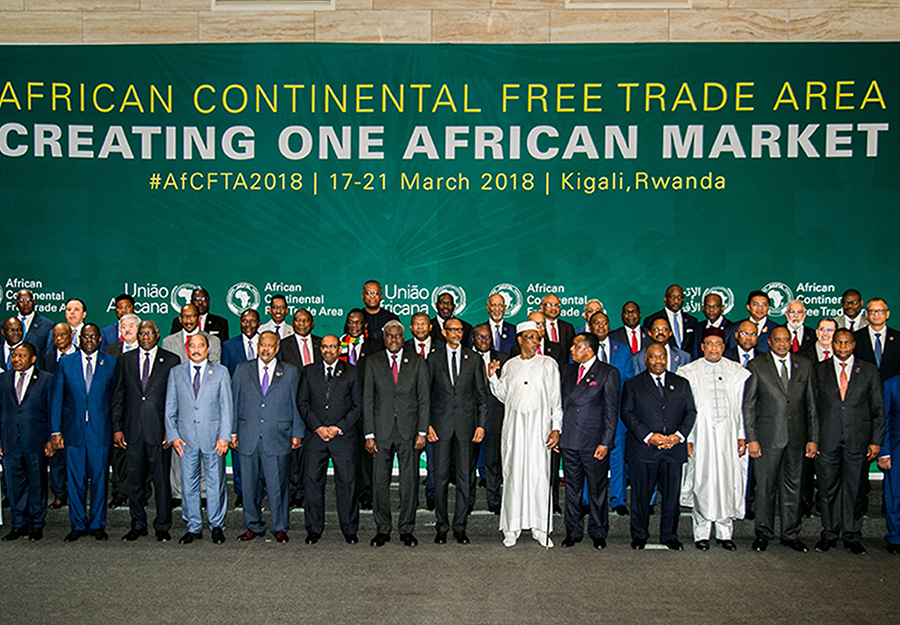The take-off of the Africa Free Trade Zone (AFCFTA), which has been referred to as the world’s largest free trade zone, has been delayed.
According to the disclosure by a senior official of the zone, the implementation of an African Free Trade agreement will not take off on July 1, 2020, as earlier planned due to disruptions caused by the coronavirus outbreak.
The Secretary General of the African Continental Free Trade Area, Wankele Mene, said: “The Covid-19 situation has caused a major disruption…Governments are now engaged in a fight against the pandemic.
“It is obviously not possible to commence trade as we had intended on July 1 under the current circumstances.”
Recall that President Muhammadu Buhari, in July 2019, after delays and consultations with different stakeholders, signed the landmark African Free Trade Zone agreement (AFCFTA). The decision of the country, which is the largest economy in Africa, to sign the agreement was a huge boost to the deal.
READ ALSO: ACFTA a potential game changer for Africa?
The 55 national continental free trade zone would, if successful, create a $3.4 trillion economic bloc, with 1.3 billion people across Africa and constitute the largest new trading bloc since the World Trade Organization was formed in 1994.
Though the agreement is already legally in force, several details need to be ironed out as part of phase one of the process, in order to make a reality, the July deadline for the commencement of trade in goods and services under the new tariff.
The African Union cannot have its earlier scheduled meeting in Johannesburg, South Africa in May, to finalize the agreement, due to restrictions and lockdowns as a result of the coronavirus pandemic.
However, Mene said that a new date would be announced by the assembly for the implementation of the agreement.
READ ALSO: NCC to capitalize on AfCFTA to boost economic gains
Free trade agreements are designed to cut trade tariffs among member countries, help make a country’s exports cheaper, and get easier access to other markets. They remove border taxes or trade barriers, get rid of quotas so that there will be no limit to the amount of trades one can do, and so on. These tariffs are usually in the form of taxes.














